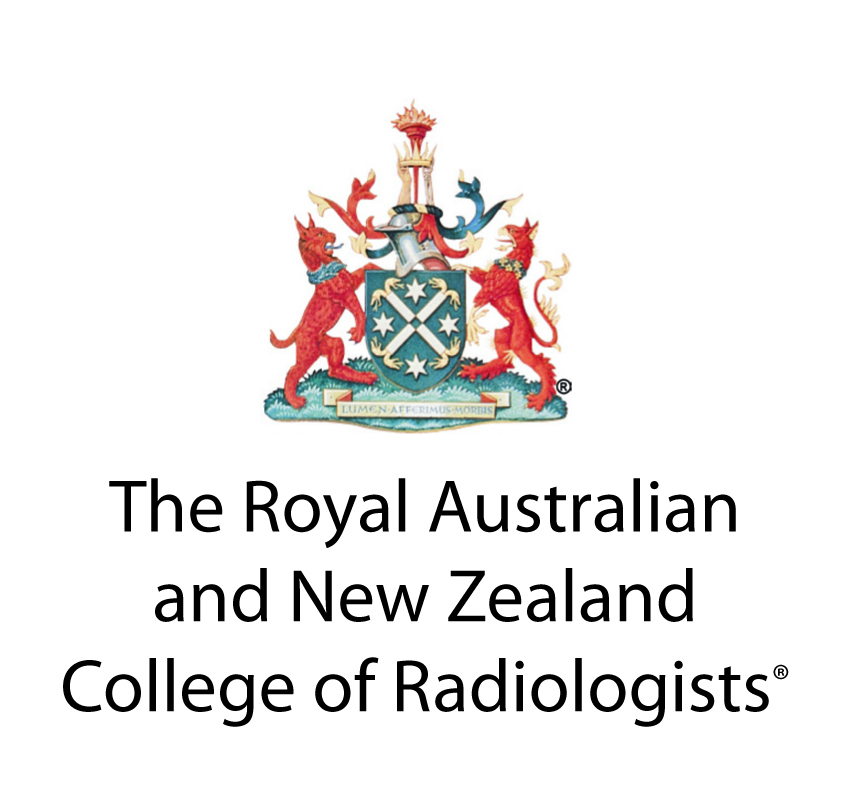Recommendations
Tests, treatments, and procedures for healthcare providers and consumers to question
Australia's peak health professional colleges, societies and associations have developed lists of recommendations of the tests, treatments, and procedures that healthcare providers and consumers should question.
Each recommendation is based on the latest available evidence. Importantly, they are not prescriptive but are intended as guidance to start a conversation about what is appropriate and necessary.
As each situation is unique, healthcare providers and consumers should use the recommendations to collaboratively formulate an appropriate healthcare plan together.
Prostate disorders
The Royal Australian and New Zealand College of Radiologists
Visit page
- Do not proceed with any treatment for localised prostate cancer unless the man has been offered a consultation with a urologist and a radiation oncologist, and taken time to consider the advantages and disadvantages of each treatment option.
- Don’t initiate management of low risk prostate cancer without discussing active surveillance.
Clinical radiology recommendations 1-6 (April 2015)
A team of five Lead Radiologists were nominated to guide RANZCR's Choosing Wisely contribution. These Lead Radiologists analysed previous work completed by RANZCR, in particular a series of Education Modules for Appropriate Imaging Referrals.
These modules had been developed from an extensive evidence base and with multiple stakeholder input. Using the evidence from the Education Modules, the Lead Radiologists developed a draft recommendations list, which was then further developed and endorsed by RANZCR's Quality and Safety Committee, before being circulated to the RANZCR membership for consultation with a request for alternative recommendations. Member feedback was reviewed by the Lead Radiologists prior to ratification of the final recommendations by the Faculty of Clinical Radiology Council. The final six items selected were those that were felt to meet the goals of Choosing Wisely, i.e. those which are frequently requested or which might expose patients to unnecessary radiation.
Due to the fundamental role of diagnostic imaging in supporting diagnosis across the healthcare system, RANZCR worked closely with other Colleges throughout the project via the Advisory Panel. Following identification of two common recommendations with the Australasian College for Emergency Medicine, it was agreed by both Colleges to present these items jointly.
Radiation oncology recommendations 7-10 (September 2021)
Recommendations relating to radiation oncology from the Choosing Wisely and Choosing Wisely Canada were circulated around the Faculty of Radiation Oncology Council to determine which recommendations were applicable to the Australian and New Zealand context. The selected recommendations were then put to the Quality Improvement and Economics and Workforce Committees, with each being asked to rank the recommendations. The five highest ranked recommendations were then put to the radiation oncology membership for consultation prior to being formally approved by the Faculty of Radiation Oncology Council. Recommendations 7-10 are adapted from the American Society for Radiation Oncology (ASTRO) 2013 and 2014 lists. Recommendation 11 is adapted from Choosing Wisely Canada’s Oncology list. Each organisation was approached for—and subsequently granted—approval to adapt these recommendations as part of the Choosing Wisely Australia campaign.
This initial list has now been reviewed with recommendations 7, 8 & 10 remaining unchanged, recommendation 9 has been updated based on the advice of the Faculty of Radiation Oncology Quality Improvement Committee and Recommendation 11 has been replaced based on the feedback of the Quality Improvement Committee and the Policy and Advocacy team.
The Royal Australian and New Zealand College of Ophthalmologists
Visit page
RANZCO has undertaken a multi-stage consultation process to ensure that the entire spectrum of medical eye specialists in Australia and New Zealand can contribute to the process of identifying and refining the top five recommendations. The first stage included a survey of fellows to identify possible recommendations, which were then narrowed down and by a dedicated “Choosing Wisely” committee of RANZCO members. A second survey was then sent to all members to provide feedback on the list of five and received a high response rate. Based on the extensive feedback received via the survey, RANZCO’s “Choosing Wisely” committee crafted the final wording of the top five recommendations. Finally, the RANZCO board discussed and approved the recommendations.